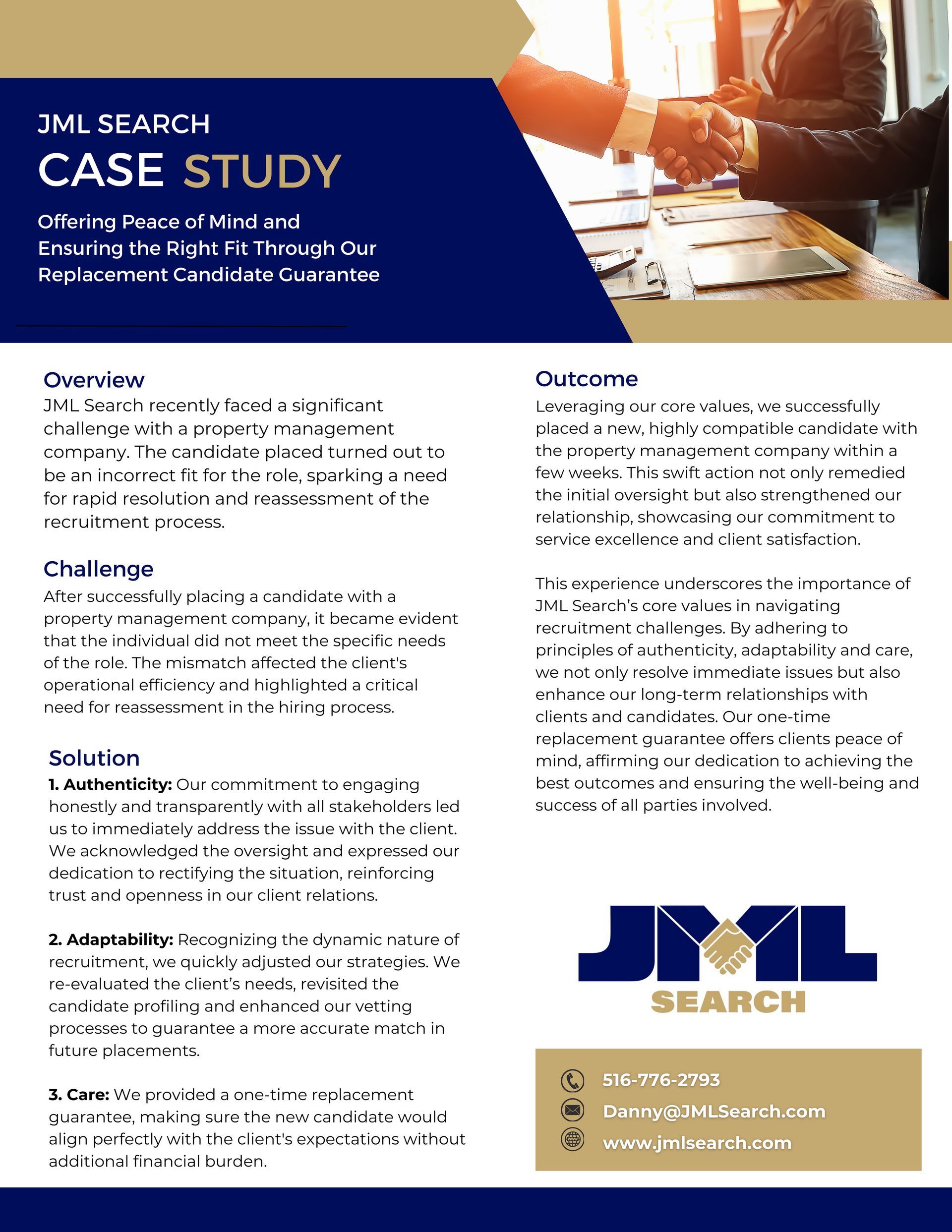In the midst of one of the most transformative periods in the workforce, businesses are grappling with unprecedented challenges. From rapid technological advancements to global crises, the landscape is characterized by uncertainty and volatility.
Identifying a scrappy employee's amidst a new pool of candidates or within your existing team can be a game-changer in navigating the uncertainties of the modern business landscape.
But how do you spot this valuable trait, and at what stage of your business or in what positions does it shine the brightest?
Resourcefulness in Action: Scrappy individuals exhibit resourcefulness in their problem-solving approach. During interviews, ask candidates about times they've faced obstacles or limited resources and how they overcame them. Look for creative solutions and an ability to think outside the box.
Adaptability and Resilience: Scrappy employees thrive in environments where change is constant. They adapt quickly to new situations and bounce back from setbacks with resilience. Look for candidates who have demonstrated adaptability in their past experiences or who show a willingness to embrace change.
Initiative and Proactivity: Scrappy individuals don't wait for instructions; they take initiative and are proactive in seeking out opportunities. Look for candidates who have taken on additional responsibilities or pursued projects independently. They're often the ones with a track record of going above and beyond what's expected.
Growth Mindset: Scrappy employees have a growth mindset—they see challenges as opportunities for growth and learning. During interviews, ask candidates about times they've had to learn something new or develop a new skill quickly. Look for candidates who are eager to learn and who approach challenges with a positive attitude.
Comfort with Ambiguity: Scrappy individuals thrive in environments where there's ambiguity and uncertainty. They're comfortable with taking calculated risks and navigating uncharted territory. Look for candidates who have experience working in fast-paced or startup environments where ambiguity is the norm. As for where scrappy individuals shine the brightest within your business
Startups and Small Businesses: In the early stages of a startup or small business, resources are often limited, and the ability to do more with less is crucial. Scrappy employees excel in these environments, where they can wear multiple hats, take on diverse responsibilities, and find creative solutions to problems.
Innovation and R&D Teams: Scrappy individuals thrive in roles that require innovation and experimentation. They're not afraid to challenge the status quo and push the boundaries of what's possible. Consider placing scrappy employees in roles where they can drive innovation and help your organization stay ahead of the curve.
Sales and Business Development: In sales and business development roles, scrappy employees excel at identifying new opportunities, building relationships, and closing deals. They're persistent, resourceful, and not easily discouraged by rejection. Look for candidates who have a track record of exceeding targets and finding creative ways to win new business.
Project Management and Operations: Scrappy employees are well-suited to roles that require strong organizational skills, the ability to juggle multiple tasks, and a knack for problem-solving. They thrive in fast-paced environments where they can take charge, drive results, and make things happen.
Ultimately, the value of scrappy employees extends across industries and roles. Whether you're launching a startup, driving innovation, or navigating this next phase of disruption in the workroce, hiring and having scrappy individuals on your team will give you a significant advantage and edge in the marketplace.
Danny Herskowitz is the CEO & Founder of JML Search LLC,
a recruitment firm focused on helping companies within the Hospitality/Accommodation & Travel sector's find the best talent in the market for their teams. To learn more about our Recruitment Services please e-mail: danny@jmlsearch.com
Recruitment Insights



